Development of rural communities has been a source of concern to governments and development agencies for more than a century. Experts are of the view that development will remain insignificant if it does not positively affect the lives of people at the grassroots level.
Recognising this fact, various governments have implemented policies in rural areas in order to enhance the living standard of the people and ensure general development of the country. This has led to the design and operation of various courses of action to promote growth and engender socio-economic stability. At the heart of these strategies is the need to provide water, education, healthcare, access roads and improvement in sanitation and hygiene.
For Sonsonin Bancho, a remote farming community in Tambuwal local government area of Sokoto south senatorial district, rural under-development cannot go further thanlack of access to clean water. Residents say for close to 30 years, the hilly settlement has suffered in search of clean water for domestic use and other purposes.
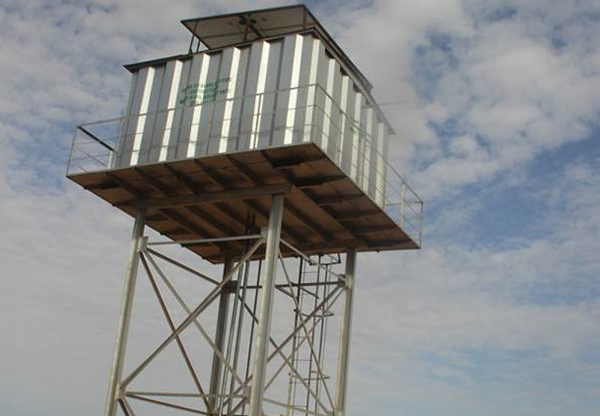
“With regards to water, our problems are manifold. First we don’t have access to clean water, and secondly, the only major source of water for the community, a nearby stream, flows only during the raining season. During the dry season, we struggle with our animals to access the little available. So we are left with dirty waters and wells that are not good for consumption or have to wait on long queues just take turns to draw out water from such wells.
Advertisement
“Many others however use motorcycles, bicycles or donkeys to get water from neighboring communities for use here,” Malam Abubakar Maishayi said.
According to available statistics, vast majority of the population of rural communities experiences physical or economic water scarcity. This problem is especially harsh in states like Sokoto in extreme North of Nigeria who suffer from desert encroachment and other environmental hazards. In fact, experts are of the opinion that in the continuous competition among different sectors (households, agriculture, industries, energetic) for water, the most affected are the rural populations.
It is agreed that providing water for agricultural productivity and domestic uses is critical for achieving food security and improved rural livelihoods. At the same time, lack of access to water complicates efforts to tackle poverty, improve healthcare delivery and boost efforts at land distribution. In general, water is basic for achieving progress in rural regions.
Advertisement
Such stark realities was what faced residents of Sonsonin Bancho until a month ago when officials from the Sokoto state ministry for rural development visited the village and included it as one of the beneficiaries of the 450 solar-powered boreholes to be constructed by the administration of Governor Aminu Waziri Tambuwal. Within two weeks of the assessment, work on a new 100-gallon per day capacity borehole began and in three weeks, it was completed.
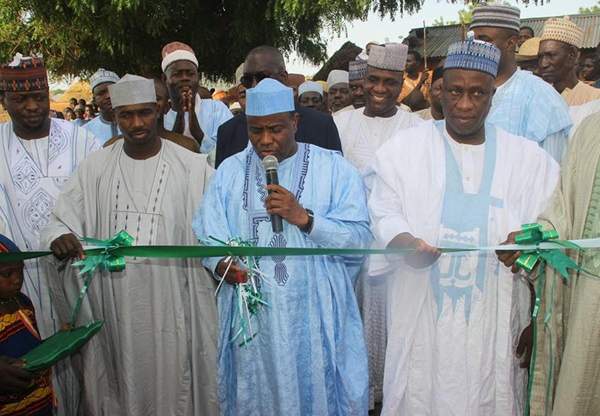
The joy of the residents upon completion could not be contained. The entire community rolled out the drums to welcome Tambuwal and his team to the official unveiling of the project. Speaking when he opened the taps for the first time, Tambuwal said the new borehole has been equipped with modern storage system that will be durable and efficient.
“We have also trained members of this community and stationed them here to educate and monitor the appropriate use of the facility. We expect that it will be well taken care of and we hope members of the community will utilize the facilities and ensure sustainable growth,” the Governor added.
Writing on Facebook on the significance of the project to the life of the community, Malam Aminu Magaji, a civil servant from the area, said his joy could not be contained. “Our community is in one of the most remote locations in Sokoto State. It is situated on a sand valley and surrounded by hills. In the immediate past, this village wears a sign that tells all visitors that it has never reaped from any significant government presence.
Advertisement
“But on the day the water project was unveiled, as I slowly drove down the hills on the dusty patch of the road heading into the community, I sighted the overhead tank strategically located near the borehole and tears of joy started dropping down from my eyes. It may be insignificant to many in the outside world, but to us, Governor Tambuwal and his administration have changed the life our people for good, and forever,” he added.
For observers, this changes everything. With the time saved from collecting water from the stream and nearby villages, people can invest in farming; growing enough food to eat, store and sell. Children, freed from the burden of collecting dirty water from distant sources, can improve their health and attend school. Surplus crops can be sold to earn an income which can be invested in families – creating a future of health, opportunity and hope.
1 comments
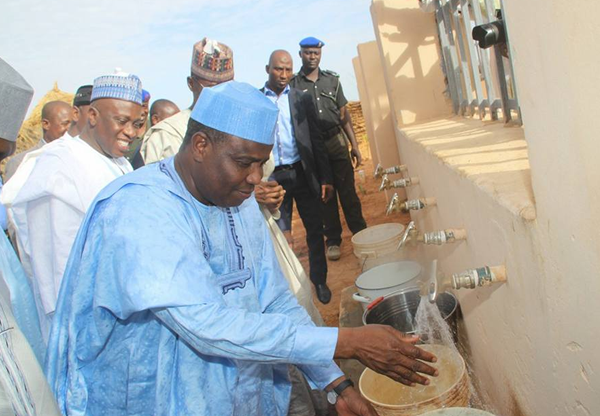
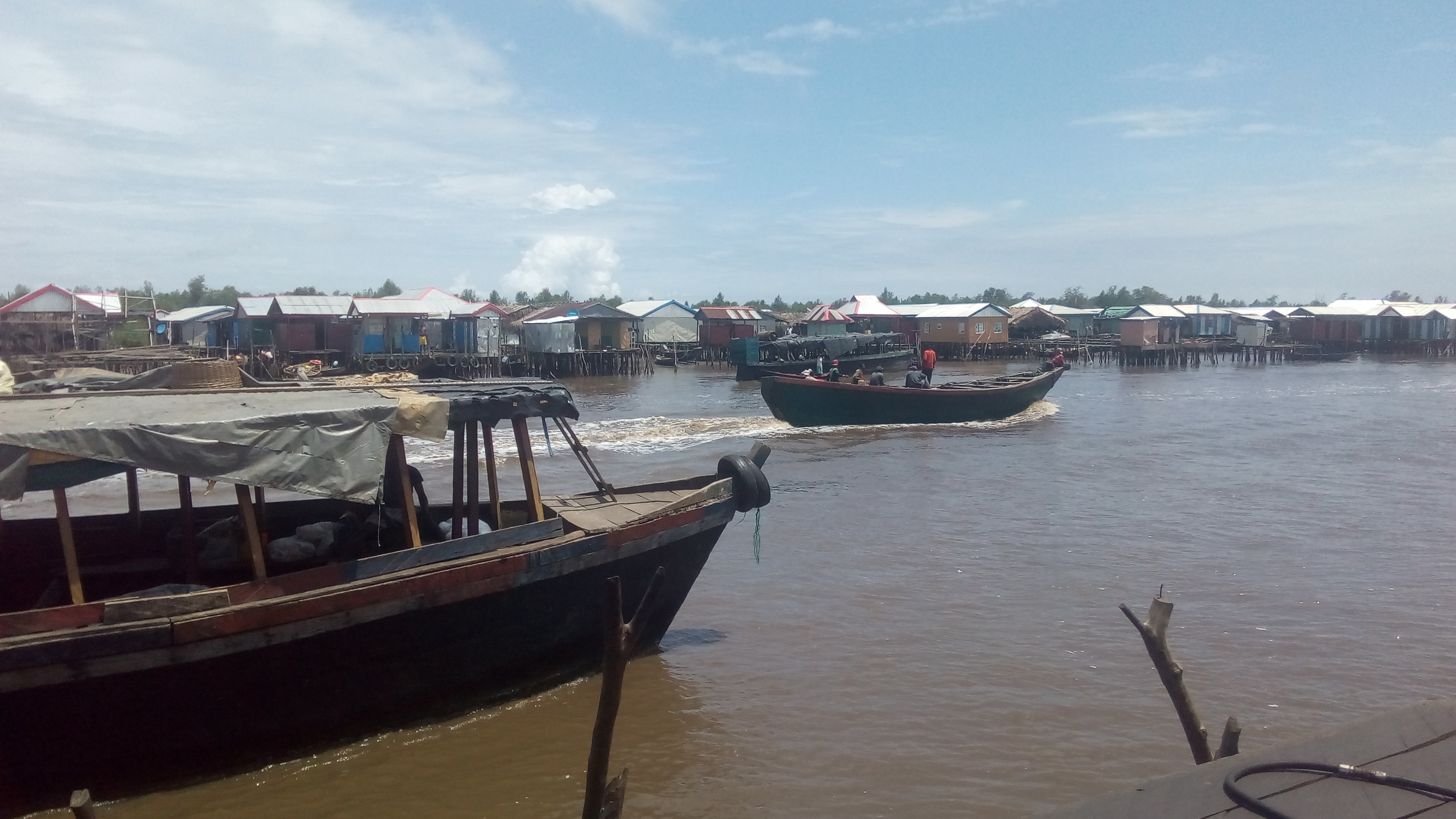
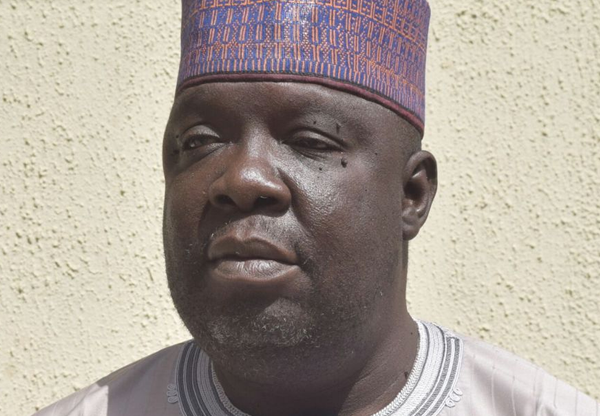
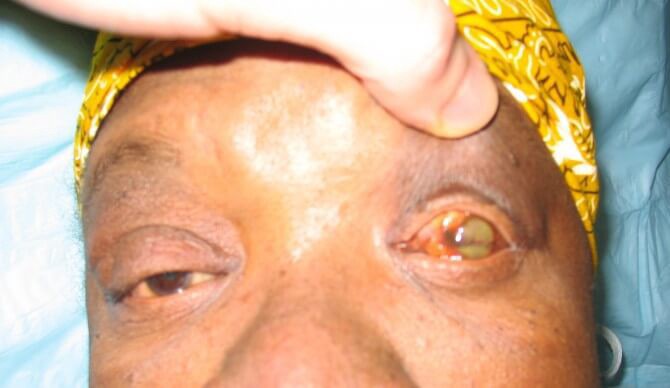
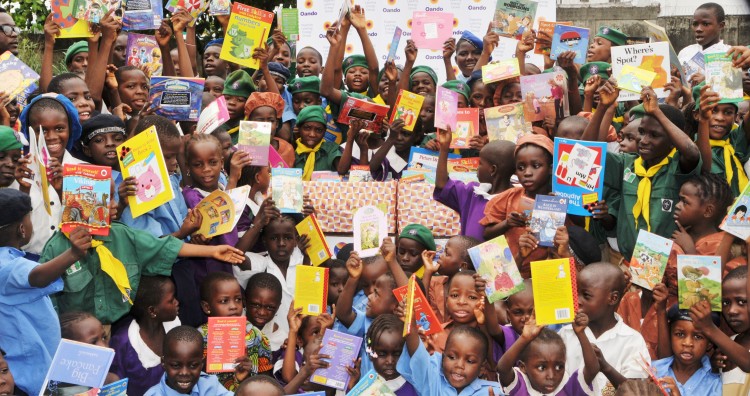
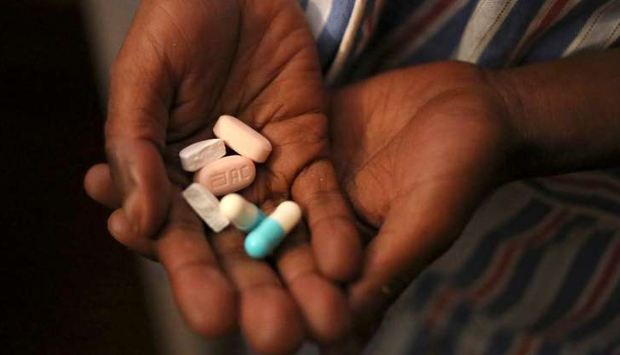
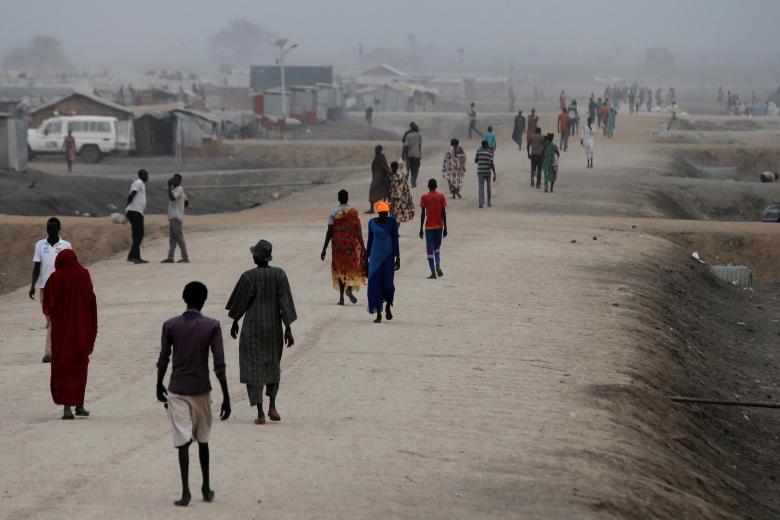
Your comment Indeed allots has been achieved both in rural transformation and human development in Sokoto state under the watch of the people’s Governor, HE Rt Hon Aminu Waziri Tambuwal.